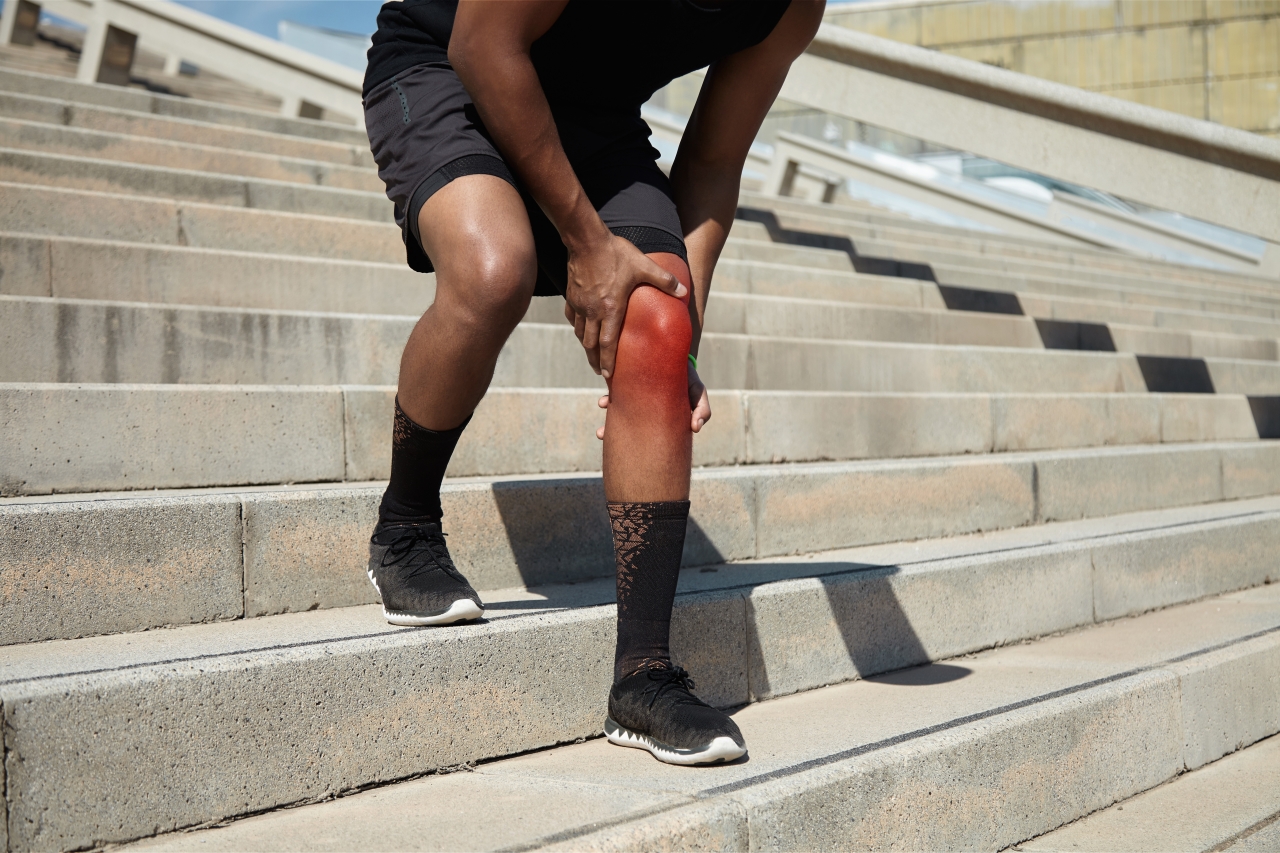Living with Chronic Pain and Coronavirus
- Updated on: 2020-03-14
- Read original article here

PPM is speaking to clinical experts about the unique situation that individuals living with chronic pain conditions, including rheumatologic diseases such as rheumatoid arthritis, may be facing as the country works to fight off the coronavirus. To start, here are a few basic tips from clinical pharmacist and editor-at-large of PPM, Dr. Jeffrey Fudin.
You may be concerned about getting an appointment to see your doctor for a prescription renewal, a procedure, or even just a follow-up. The good news is that many providers are taking advantage of telehealth (also called telemedicine or telecare) and mobile apps to communicate with and monitor their patients. Rather than heading into a doctor’s office, you can share symptoms and ask questions via phone, chat, or video. Ask your provider if this is an option. And keep in mind that if you communicate with your doctor via email about health in any detail, be sure your messages are encrypted. Many telecare apps, as well as patient portals operated by doctors’ offices, include such software.
If you have chronic pain conditions tied to back, neck or orofacial pain, excessive coughing caused by the coronavirus may worsen your pain, says Dr. Fudin. In these cases, it is best to work with your doctor on reducing your cough. For those who often experience joint or muscle pain, remember that the virus (just like the flu) may come with its own set of aches and pains as well. At the same time, noted Dr. Fudin, recognize that you will need to let the virus run its course.
For those undergoing cancer treatment or who are immuno-suppressed due to certain rheumatological diseases, try to be more cautious about crowds. Stay 6 feet away from other individuals and, as always, keep your hands clean.
If you have any symptoms of coronavirus, have a weakened immune system, or are following guidelines to avoid public spaces, opt for your prescriptions to be delivered to your home. Many pharmacies do this, says Dr. Fudin, and if your pharmacy does not deliver, you can make a request to transfer your prescription to one that does. You can also inquire about your state’s particular contingency plans which were put into effect when the coronavirus was labeled a global pandemic. Many of these plans allow for prescription renewals, up to a certain percentage of medication prescribed, to be filled early.
According to Dr. Fudin, you can use rubbing alcohol (or ethyl alcohol) and aloe vera (or a similar substitute) to make hand sanitizer in a pinch.
Mix a ratio of 2 parts rubbing alcohol to 1 part aloe vera. For instance, use 60 mL or 2 ounces of alcohol with 30 mL or 1 ounce of aloe vera. Be sure that your rubbing alcohol is labeled as at least 70% alcohol; 90% or 91% are preferable. If you don’t have any rubbing alcohol, you can use ethyl alcohol (the type you drink), but it has to be high proof. Grain alcohol that is about 95% alcohol (190 proof or higher) is best. Use the same measurements noted above.
The US Surgeon General has asked the general public not to purchase protective masks as these are desperately needed for healthcare workers. If your immune system is compromised and you elect to purchase a mask, look for those labeled “n95” respirators. Typical light blue masks with strings that loop behind the ears are meant to protect those around you from your own germs; an n95 respirator mask is designed to protect you from others. See the CDC’s infographic on these two types here.
If you have anxiety or your anxiety is on the up, be sure to loop in your mental health provider. Emotional and mental health are crucial to your overall pain care plan.





